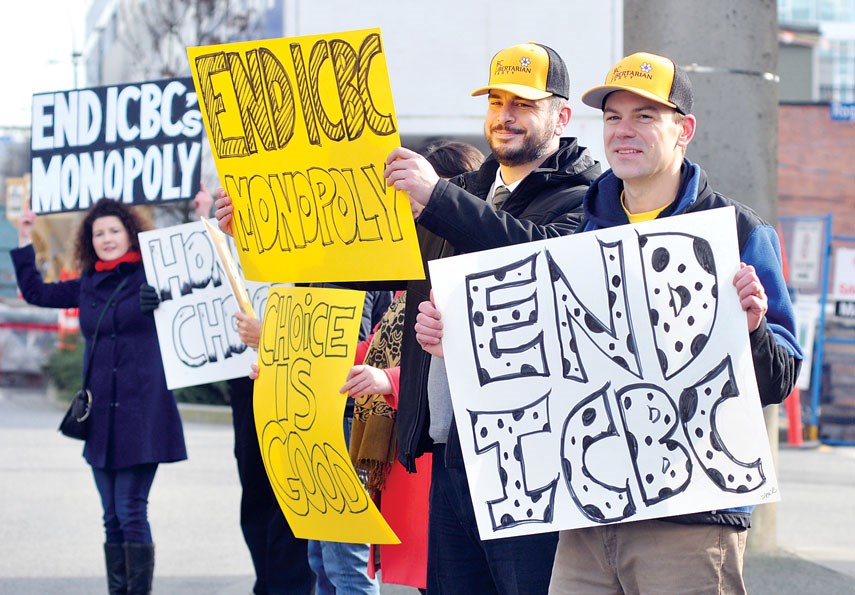The passage into a new year often means little in politics, as many issues and controversies have a staying power that far exceeds a change in the calendar.
As much as any government may like certain things to simply disappear at the stroke of midnight on New Year’s Eve, the reality is some things are still there in plain sight well after the last glass of bubbly is consumed.
Which brings me to point out some issues that have dogged the BC NDP government. Here are some examples:
The ongoing dumpster fire that is ICBC. More than $1 billion in losses were supposed to be eliminated this fiscal year, but for now it looks like ICBC may end up falling $400 million short - if not the entire $1 billion if certain court cases against its touted reforms succeed. Attorney-General David Eby has used the word “catastrophe” to describe what losing those court cases – brought against the corporation’s decision to cap so-called minor injury financial claims – could mean. At the very least, it could tip the provincial budget into a deficit situation.
The forestry crisis shows no signs of ending. In fact, the closure or curtailment of dozens of mills and the layoffs of hundreds of forest workers may signal a fundamental and permanent restructuring of the forest industry. The current situation is not the result of the traditional boom-and-bust nature of a natural resource industry. Instead, the latest round of closures and layoffs has been building for years and is tied to a number of factors, not the least of which is the dwindling lack of fiber supply. The days of large mills churning out milled two-by-fours are ending, and it will take considerable time for those that survive to make the switch to producing different products, such as value-added ones. The political cost to the NDP could be enormous.
Will ride hailing ever really take root in B.C.? While many citizens beg for this industry to set up operations, it has run smack into a politically powerful taxi lobby and a government that has never really displayed much interest in it. I have long maintained that ride hailing – with its mix of a low-paying, part-time non-union work force and an aversion to workplace regulations – is about as far away from the NDP’s political DNA as an industry can get. The industry’s future is in the hands of the obscure Passenger Transportation Board, an independent government agency that is minimally staffed and now scrambling to deal with a giant political hot potato handed to it by the apparently disinterested NDP government.
Good luck to it.
So there you have three ongoing controversies to usher in the New Year. Who knows, they may still be alive and kicking another year from now.
Keith Baldrey is chief political reporter for Global BC



